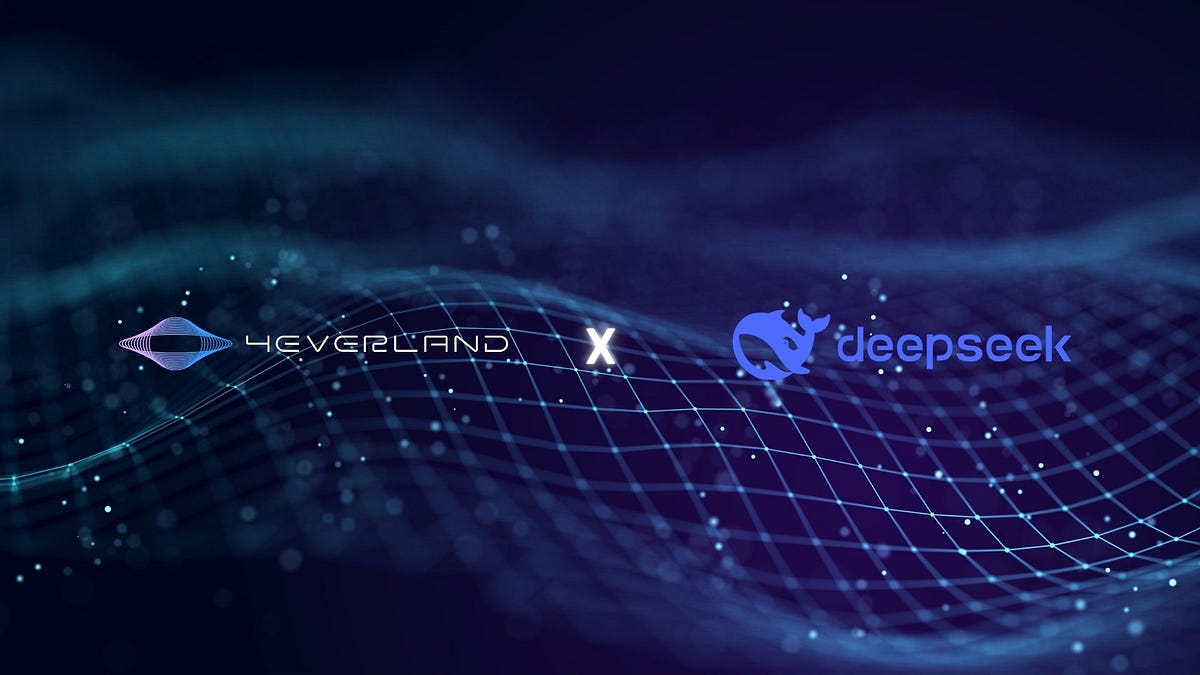4EVERLAND AI RPC and 4EVER Chat: A New Era in AI Model Integration

The recent integration of 4EVER Chat into the Awesome DeepSeek Integration represents a pivotal advancement for the 4EVERLAND AI RPC infrastructure. This collaboration establishes AI RPC as a “highway for models,” enabling developers to access both DeepSeek and over 200 large language models (LLMs) through a single API. With industry-leading stability and speed, 4EVERLAND AI RPC enhances the DeepSeek model by providing an enterprise-grade decentralized network layer. Furthermore, 4EVER Chat stands out as the first AI Agent framework that supports multi-chain private interactions, allowing developers to create compliant AI applications without depending on third-party services. This integration signifies a significant convergence of Web3 and AI infrastructure, offering developers seamless access to the DeepSeek model while challenging the dominance of traditional cloud computing giants in AI computation power.
In the current landscape of artificial intelligence and big data, the multitude of AI models available can make it challenging for developers to choose the right one for their specific needs. The complexities involved in deploying large-scale open-source LLMs can also hinder market entry. 4EVERLAND addresses these challenges by providing a standardized AI RPC API that simplifies the integration of AI functionalities into applications. This streamlined approach allows businesses to enhance their services, improve operational efficiency, and deliver personalized user experiences through tailored AI solutions. By utilizing AI RPC, enterprises can significantly reduce the complexities associated with deploying LLMs, making it an essential tool for enhancing applications, services, or research projects.
The integration of AI RPC and 4EVER Chat aims to create an ecosystem akin to an “electric grid” for AI applications. Developers gain on-demand access to LLM capabilities without the need for in-house infrastructure, while model providers like DeepSeek function as “power plants,” generating revenue through network effects. This innovative approach allows enterprises to shift from self-sufficiency to leveraging an intelligent grid, focusing on innovation rather than operational burdens. By standardizing model deployment and emphasizing cost-efficiency and performance optimization, 4EVERLAND and DeepSeek are democratizing access to AI, making LLMs more accessible to developers across various sectors.
Related News





